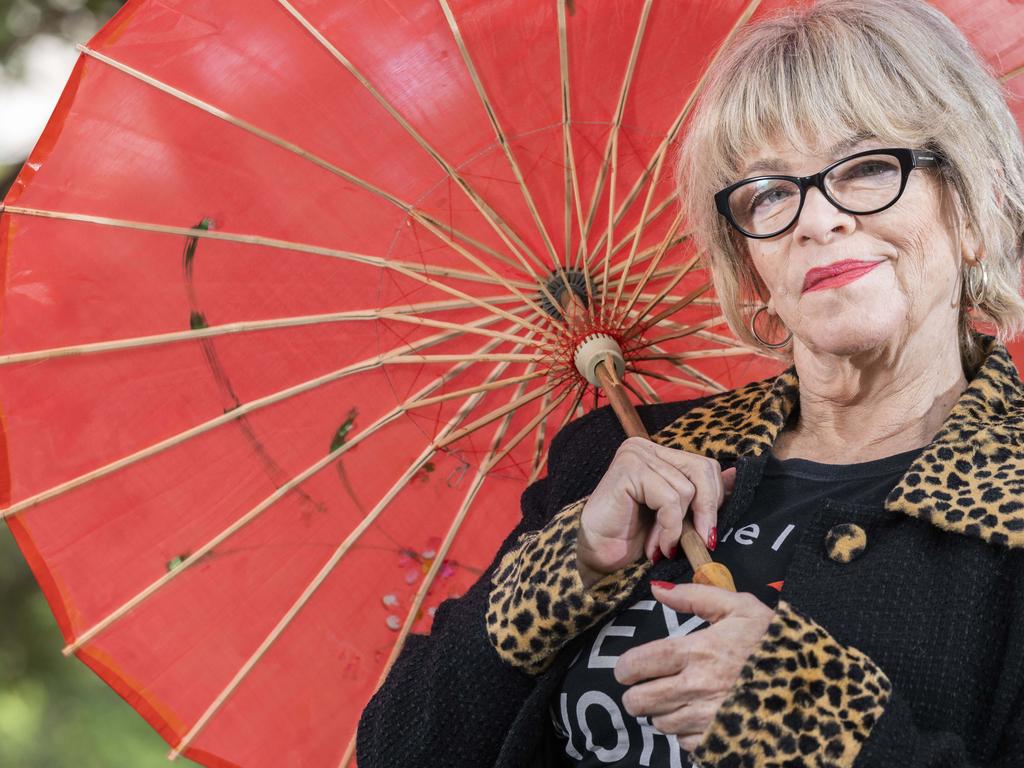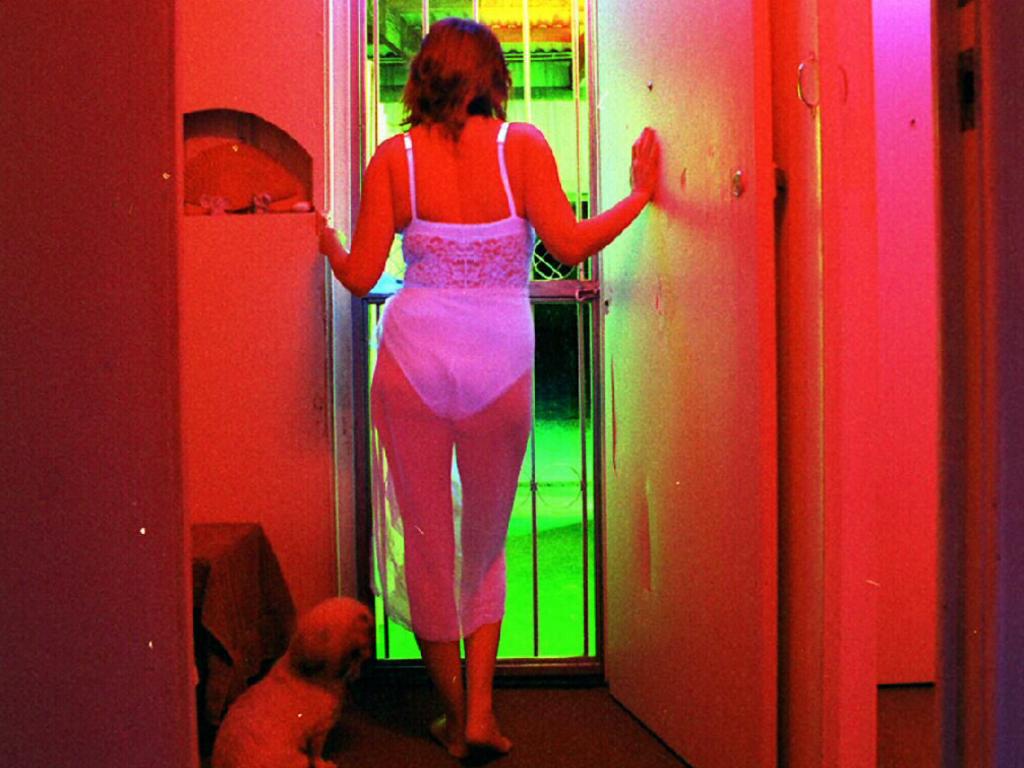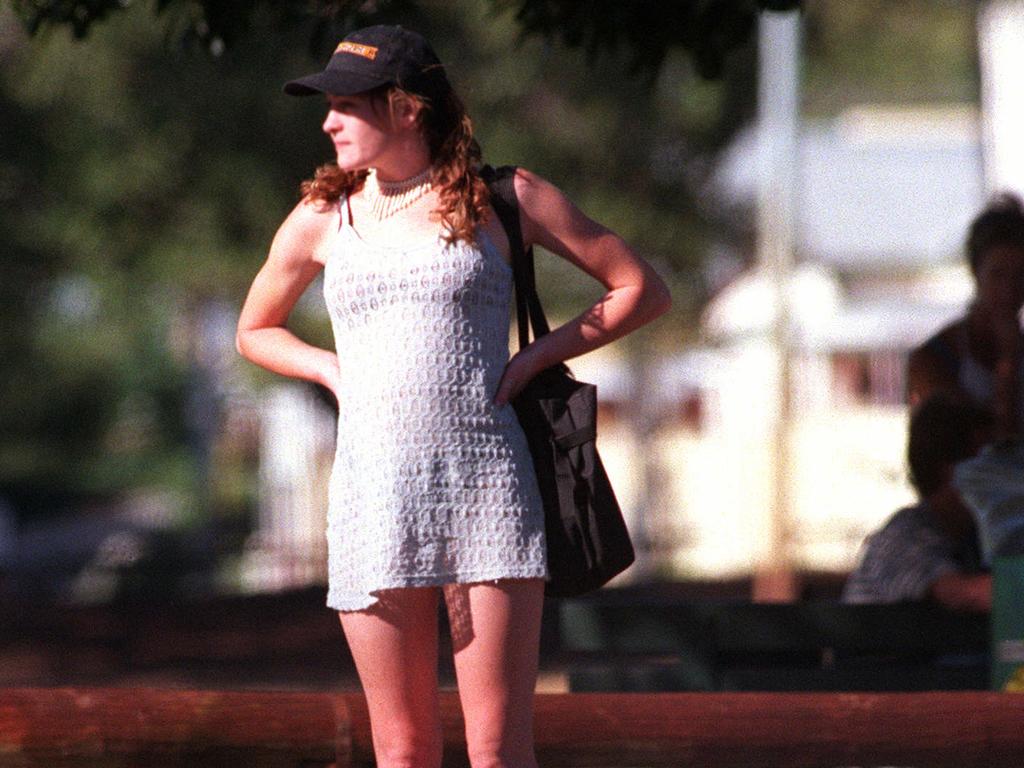Sex industry representatives call for major changes in WA
Sex workers in one state are urging their Premier to take immediate action on massage parlours and brothels.

The criminalisation of sex work in Western Australia is leading to unsafe working conditions and should be urgently reformed, according to industry representatives.
Sex worker advocate Julie Bates said too much research and hard work being carried out to improve the industry was falling on the government’s deaf ears.
The industry veteran and Order of Australia recipient says with the popularity of Premier Mark McGowan’s current government – and the period until the next election – the chances of a political backlash are smaller than usual.
“It’s often an election thing for them; you appear to be supporting the sex industry, which most people see through some sort of lens of pejorative stereotypes,” she told 4BC on Tuesday.
Ms Bates said the biggest issue with criminalisation was the hesitancy of sex workers to reach out to police or other authorities if they are in trouble.
“There was a study just recently that said ‘if I was being bashed to death, I wouldn’t call the police’. So the relationship between police and sex workers is not good,” she said.
“I would say to Mr McGowan, if you’re listening, sit up straight please, right now and pay attention.”

Different states and territories have taken vastly different approaches to legalising sex work since decriminalisation efforts took hold towards the end of the 20th Century.
In NSW and the Northern Territory, sex work is completely decriminalised, while in Victoria, the ACT and Queensland, certain aspects of sex work are allowed if it is licensed and registered with the government.
South Australia, Western Australia and Tasmania all have full or partial criminalisation and have seen repeated calls for change over recent decades.
Curtin University senior health lecturer and sex work researcher Jonathan Hallett explained that in WA, while the act of prostitution in itself is not an offence, most prostitution-related activities are prohibited under the Prostitution Act and the Criminal Code.
“Public preference is increasingly growing in favour of decriminalisation, and evidence continues to support the effectiveness of decriminalisation,” Dr Hallett said.

In 2017, the Law and Sex worker Health (LASH) study, undertaken by researchers from Curtin University, set out to determine the health and safety risks to sex workers in WA and how that intersected with the state’s laws.
It found the current partial criminalisation of sex work in Western Australia had a negative impact on the health and safety of sex workers in a number of ways.
This included criminalisation being used as an excuse for abuse by clients of sex workers, a reluctance of sex workers to go to the police as victims of crime, the hidden nature of sex work impeding access to services and health promotion, and the physical risk of street-based sex work.
“Decriminalisation allows a highly visible focus on workplace health and safety in brothels and massage parlours,” Dr Hallett said.
“It is also an important step towards reducing stigma and discrimination experienced by sex workers.”

According to Dr Hallett, the evidence strongly suggests decriminalising sex work does not result in an increase in the number of clients accessing the services.
In February this year, the Victorian Parliament passed the Sex Work Decriminalisation Bill 2021, which recognises that sex work is legitimate and should be regulated through standard business laws just like any other industry.
The South Australian Parliament is currently debating a decriminalisation bill put forward by the Greens.
Ms Bates says there is no reason why now shouldn’t be the time for WA to pursue similar ambitious change.
“The McGowan Government won with such a majority; it’s a long time until the next election – and they’re likely to be re-elected; I don’t understand why they can’t get to grips with decriminalising the industry,” Ms Bates said.
“Why do they want to maintain an underclass of people?”



